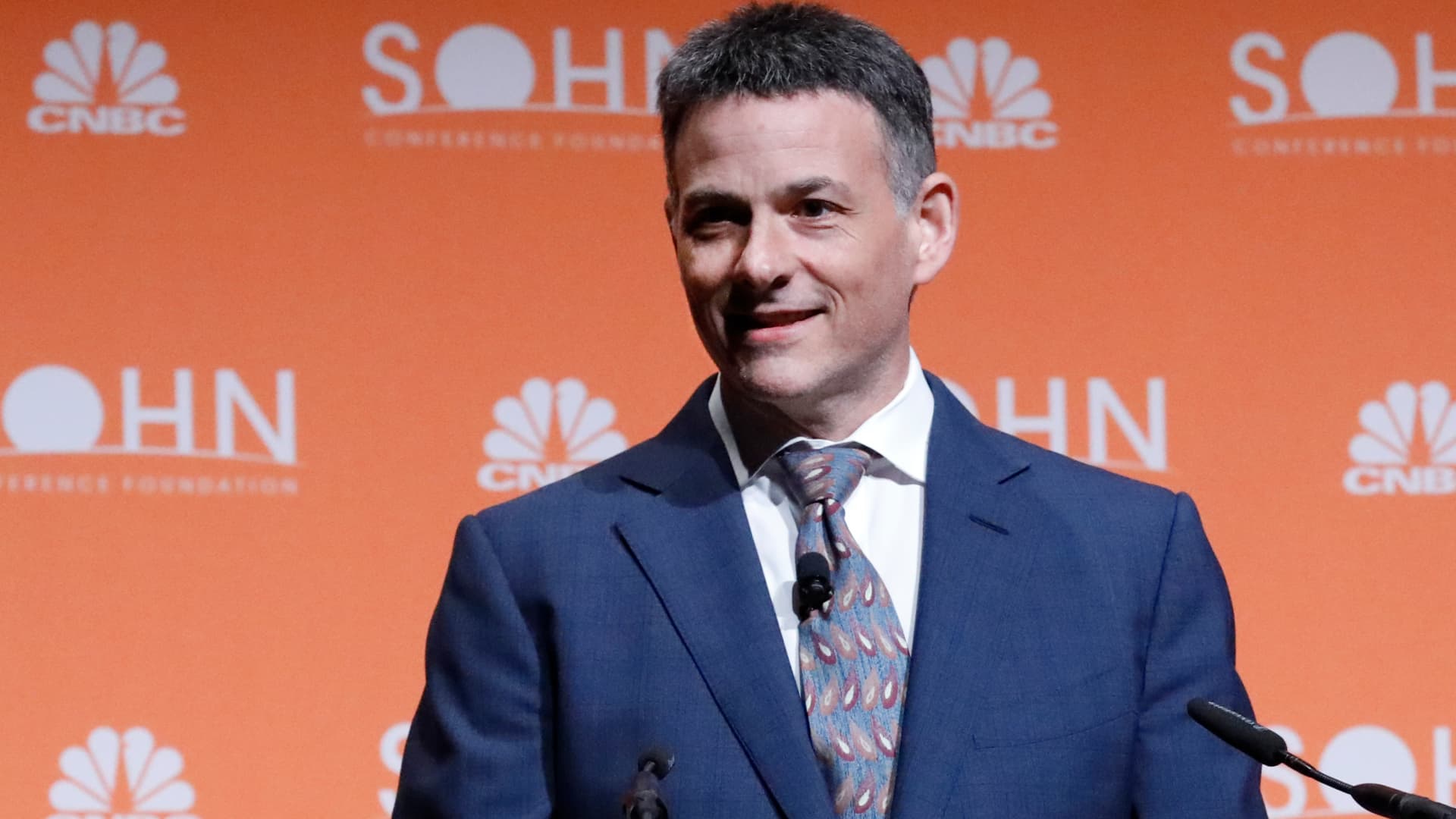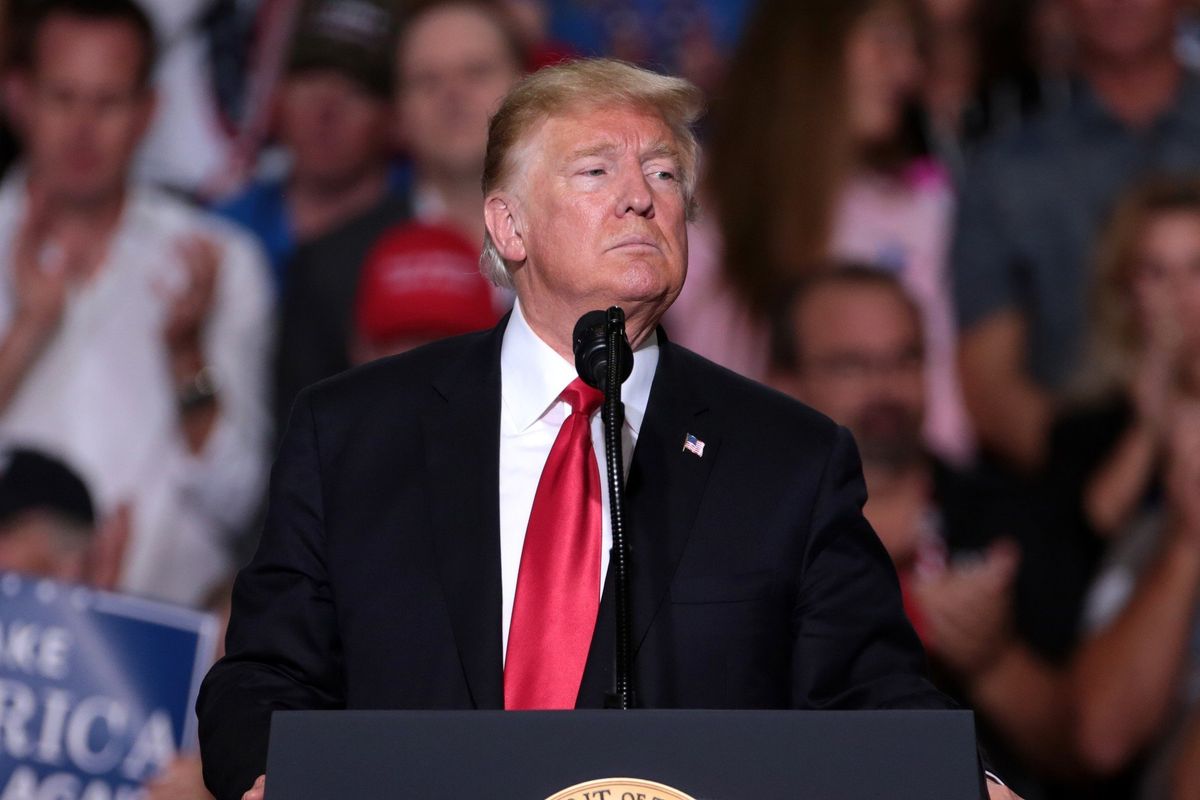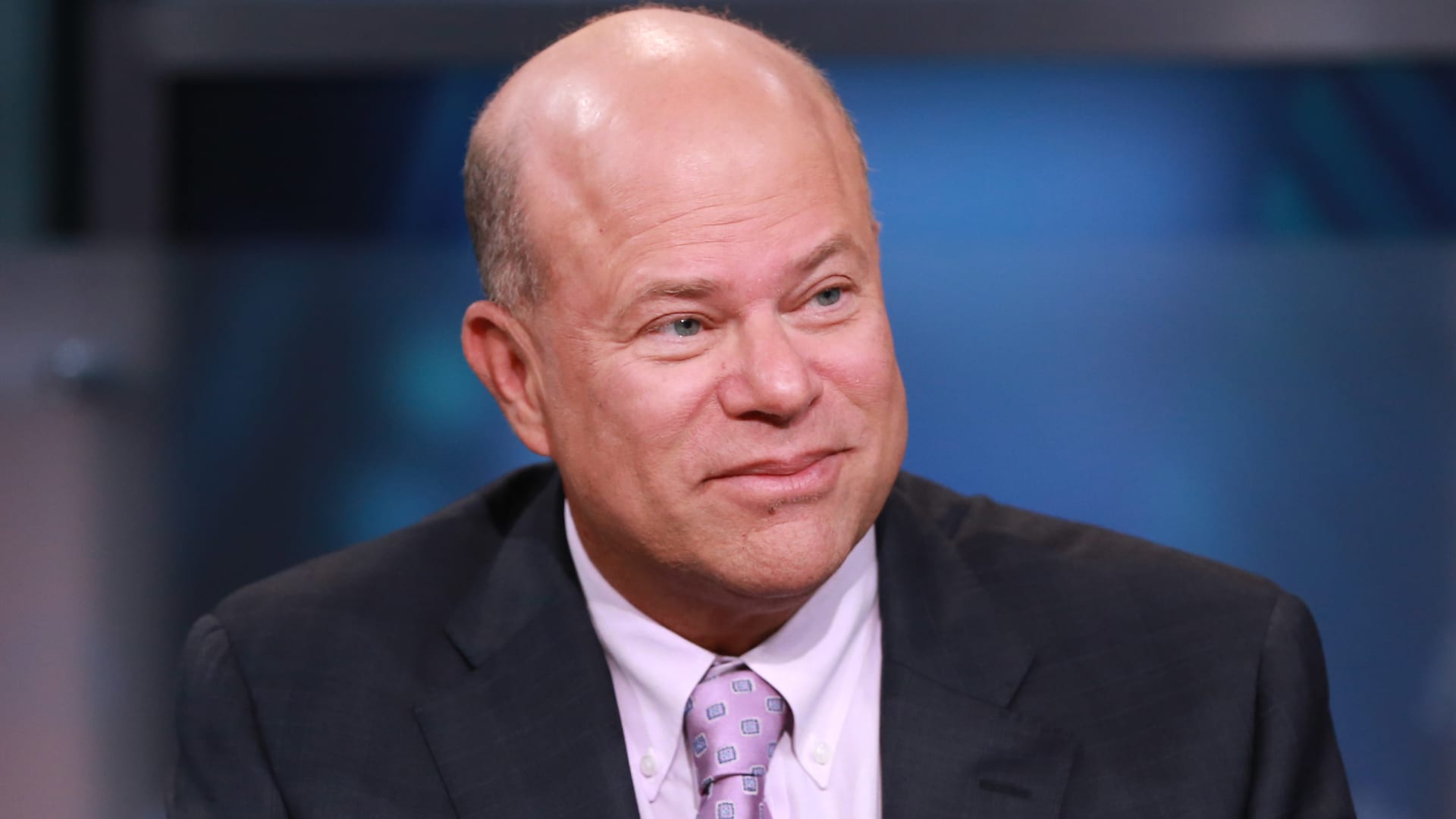David Einhorn joined other big investors in shares in several regional bank stocks last quarter in a bet that the financial institutions would survive the industry crisis that felled Silicon Valley and First Republic banks. The Greenlight Capital founder picked up almost 2.3 million shares of New York Community Bancorp . That’s the bank whose subsidiary, Flagstar, acquired Signature Bank assets after that bank was shuttered. He took a much smaller, initial position in First Citizens Bancshares , buying 22,550 shares after not holding any in the prior quarter. First Citizens is the bank that bought a large portion of assets of Silicon Valley Bank , whose failure set off the industry crisis in March. Einhorn’s additions come amid a broad selloff of regional bank stocks on concern more institutions could fail as depositors withdrew assets and the value of banks’ bond holdings narrowed. The SPDR S & P Regional Banking ETF (KRE) has lost more than 36% so far this year. “Big Short” investor Michael Burry also bought regional bank stocks last quarter. To be sure, Einhorn’s buys are both tied to banks that purchased parts of failed banks in deals that were orchestrated by the Federal Deposit Insurance Corporation. New York Community shares are up almost 20% year to date, while First Citizens stock has surged almost 67% on the year. And neither holding is especially large, with neither cracking the top 10. Green Brick Partners was Einhorn’s biggest holding, despite shedding almost 2%. The homebuilder has more than doubled its share value this year, helped by huge beats on Wall Street expectations in its first quarter. Management said its cancellation rate significantly improved in the quarter and was the lowest among public homebuilders. Consol Energy claimed the number two spot after Einhorn increased his exposure by about 50%. The stock is up just 2.5% this year, underperforming the broader market. Einhorn’s fund was up nearly 37% last year as the stock market slumped, dodging the worst downturn since the Global Financial Crisis of 2008-2009. Money managers with more than $100 million in assets under management are required to disclose long positions to the Securities and Exchange Commission 45 days after the end of a quarter. Because of this window, it’s possible that Einhorn has already made changes to his holdings in the second quarter. Outside of the bank stocks, Einhorn notably increased exposure to Concentrix , Gulfport Energy and Tenet Healthcare . He zeroed out positions in several stocks, including 23andMe , PaySafe and TMC .
Monday, April 14, 2025
Einhorn’s Greenlight Capital bets on these regional banking stocks
Subscribe To Our Newsletters
Customer Support

1251 Wilcrest Drive
Houston, Texas
77042 USA
Call-832.795.1420
e-mail – news@theinsightpost.com
Subscribe To Our Newsletters
Categories
- Africa
- Africa-East
- African Sports
- American Sports
- Arts
- Asia
- Australia
- Business
- Business Asia
- Business- Africa
- Canada
- Defense
- Education
- Egypt
- Energy
- Entertainment
- Europe
- European Soccer
- Finance
- Germany
- Ghana
- Health
- Insight
- International
- Investing
- Japan
- Latest Headlines
- Life & Living
- Markets
- Mobile
- Movies
- New Zealand
- Nigeria
- Politics
- Scholarships
- Science
- South Africa
- South America
- Sports
- Tech
- Travel
- Travel-Africa
- UK
- USA
- Weather
- World
No Result
View All Result
Recent News
Google’s latest Doodle tries to explain quantum mechanics
April 14, 2025
Theinsightpost ©2024 | All Rights Reserved. Theinsightpost is an Elnegy LLC company, registered in Texas, USA



















Discussion about this post